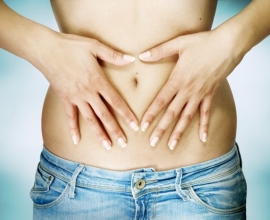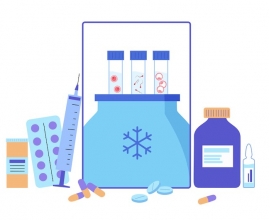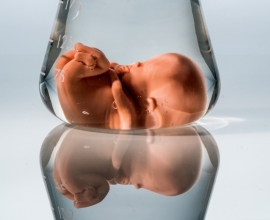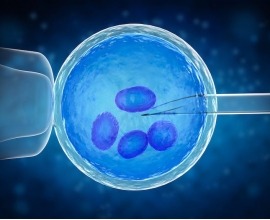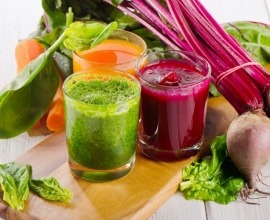Fertility Boosting Diet for Her: Part 2
We all know there're women out there whose eating choices are awful, but it doesn't affect their ability to conceive. On the other hand, we all know there're students which never prepare for an exam, but they always get the highest marks. But does that mean we shouldn't prepare for an exam? Obviously, it doesn't.
The first part of the blog was dedicated to products a woman should use for food when she wants to affect her fertility in a positive way. This part is about the things a female body should better avoid consuming when trying for a baby.
Caffeine
...which is contained not only in coffee itself, but also in other stimulants such as chocolate, tea, coke, and most of energy drinks. Fertility doctors advise switching to decaff drinks as they still contain caffeine, but smaller amounts. In fact, research on whether caffeine in moderate portions can affect fertility have mixed outcome, however heavy caffeine consumption has been associated with fertility problems.
Why to avoid: Research show that caffeine intake reduces the number of viable eggs in a woman, and the more caffeine is in our system, the greater risk of miscarriage is.
Raw or Undercooked Food
Why to avoid: When an egg, meat or fish is undercooked, there's a risk of salmonella, lesteria or other food-borne bacteria, and pregnant women are 20 times more likely than other healthy adults to develop diseases which those barteria cause. Listeria bacteria are also carried in soft, ripened cheeses (brie, camembert, and some goat cheeses), blue veined cheeses, unpasterized dairy products, and all types of pâté.
Trans Fats
It's nearly impossible to exclude all trans fats from one's diet as they're contained in so many foods: margarine, shortening, salad dressings, breakfast cereals, baked things like cookies and pies, and fast food, of course. Trans fats can be 'identified' when reading a nutrition label as those with 'partially hydrogenated vegetable oil'. When it comes to fats, the basic rule here is to avoid junk food as fats used for their preparation are those 'artificial' fats harmful for a body.
Why to avoid: Women who consume a lot of trans fats are more prone to irregular ovulation.
Alcohol
Why to avoid: Drinking more than one-two units of alcohol per week can affect both fertility level and the baby's development. By the way, when going through assisted reproduction, ahcohol consumption is not recommended for both an egg donator and the woman going through in vitro fertilisation cycle (IVF).
Smoking
Yes, it looks like no sins at all are longer welcomed in our body when we plan to welcome our baby there.
Why to avoid: The same as for drinkers, for smokers it takes longer to conceive, and a future baby is in a congenital anomalies' risk group. In fact, research show that the habit wreaks so much havoc on fertility that female smokers who experience ivf have to attempt it almost twice as many times as non-smoking women do in order to conceive. As a result, the ivf cost is higher.
Soy Products
This one is controversial, especially when we keep in mind that soy food like tofu, tempeh, and soy flour is very common in China, the country with one of the highest birth rate in the world. On the contrary, in big European cities like Prague where the birth rate is much lower than in China, there're people who have never even tried any soy food.
Why to avoid: A study in King's College London found that soy contains compounds which, once in a female body, are able to sabotage sperm.
When it comes to food-fertility connection, lots of people are skeptical – including doctors by the way. Some say consuming certain foods affects conceiving, some suppose it's all about genetics. But once we believe the second opinion, how can we, for example, explain the proven evidence that twins are very common in cultures where women often fill up with sweet potatoes?.. So, when there's a chance the 'right' food can help to get pregnant, why not to give it at least a try?
Sources used:



